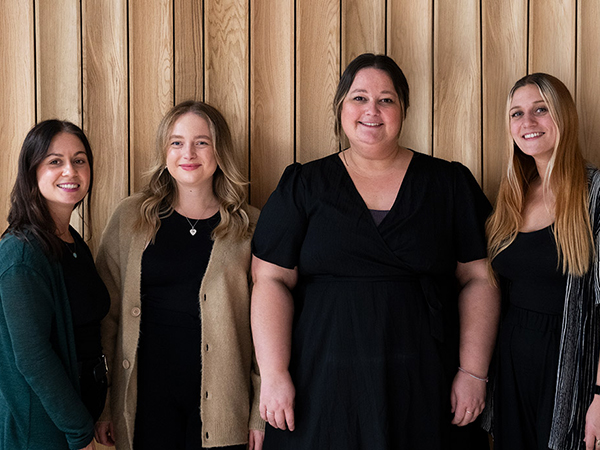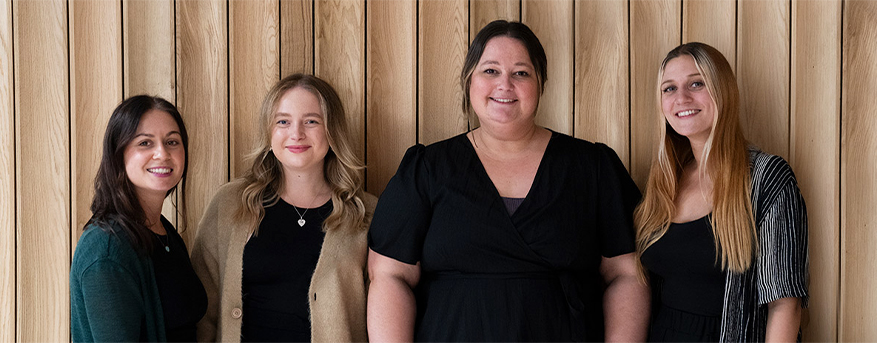BUDDHISM IN BHUTAN
Mahayana Buddhism is as neatly interwoven into the lives of Bhutanese people as the silken threads of a thongdrol tapestry where ‘liberation through seeing’ provides travellers with a rather apt motto to borrow for their own personal passage of enlightenment whilst on holiday here. Nothing beats the thrill of entering a temple or monastery for the first time, observing or interacting with monks going about their daily chores or simply enjoying their time off from teachings.
Images of shaven headed monks wearing deep burgundy and gold coloured robes whilst crossing the cobbled courtyard of a dzong will be as endearing as a pair of priests crossing Venice’s Piazza San Marco and the same level of courtesy and respect is required in Bhutan. It’s as revealing to see young monks playing football as it is to watch them at prayer or rhythmically beating a festival drum, and travellers should keep in mind that this is a way of life, not a tourist spectacle. The majority of monks that you’ll meet in Bhutan will likely have come from poor, rural backgrounds where parents offer their sons into a lifelong service in the hope that an education on a respected path represents a better future.
Learning about Buddhism and monks in Bhutan is a great idea for not only discovering one of the bedrocks of Bhutanese society but also for avoiding an ecclesiastical faux pas that could result in, at best, nervous tittering behind hands or, worse, deeply upsetting your hosts. A greater understanding of Buddhism and Bhutanese culture will help you travel with more confidence, and it won’t take too long to grasp the basics before you visit Bhutan.
Learning about Buddhism and monks in Bhutan is a great idea for not only discovering one of the bedrocks of Bhutanese society but also for avoiding an ecclesiastical faux pas that could result in, at best, nervous tittering behind hands or, worse, deeply upsetting your hosts. A greater understanding of Buddhism and Bhutanese culture will help you travel with more confidence, and it won’t take too long to grasp the basics before you visit Bhutan.
On an organised holiday, your local guide will be more than happy to enlighten you in terms of etiquette as well as providing further insight into the country’s history and heritage. Visiting monasteries and dzongs is a highlight of any tour and you certainly don’t have to be devoutly religious to revel in the incredible architecture and sacred symbolism adorning the country’s centres of Buddhism.
Rinpung Dzong in Paro, Tango Monastery in Thimphu, and Nalanda Buddhist Institute overlooking the Punatsangchu River in Punakha, all offer travellers a uniquely personal account of Buddhism in Bhutan with no trip complete without hiking to Paro Taktsang, also known as the Tiger’s Nest.
Below are a few words of wisdom related to Buddhism and monks in Bhutan. If you’re looking to find out a few more, then visit with a local guide who will be able to give you a deeper understanding of what it means to be a Buddhist or a monk living in the ‘Land of the Thunder Dragon’.
Rinpung Dzong in Paro, Tango Monastery in Thimphu, and Nalanda Buddhist Institute overlooking the Punatsangchu River in Punakha, all offer travellers a uniquely personal account of Buddhism in Bhutan with no trip complete without hiking to Paro Taktsang, also known as the Tiger’s Nest.
Below are a few words of wisdom related to Buddhism and monks in Bhutan. If you’re looking to find out a few more, then visit with a local guide who will be able to give you a deeper understanding of what it means to be a Buddhist or a monk living in the ‘Land of the Thunder Dragon’.
How does Bhutanese Buddhism differ from other forms of Buddhism?
In the main, Buddhism practised in Bhutan has origins in Tibet and follows the Vajrayana or Mahayana branch of Buddhism as opposed to Sravakayana, which is more common in India or Theravada Buddhism which is more widely practised in Southeast Asia and Sri Lanka. Buddhist monks in Bhutan follow the teachings of the Kagyu school of Mahayana Buddhism where meditation and praying for the liberation from suffering of all beings, with or without form, is considered the highest form of practice. It’s generally considered that all Buddhists follow the teachings of Buddha.Bhutan highlights tour, 7 days
A Festival & Photographic journey in the Happiness Kingdom!
From
£2217
7 days
ex flights
Buddhism cultural holiday in Bhutan
Buddhism trip in Bhutan, journey to your inner self
From
US $1840 to US $2200
9 days
ex flights
Bhutan trekking holiday, tailor made
Trek through gorges and valleys offering spectacular views of the Sacred Summits of Bhutan
From
£3750
12 days
ex flights
Jambay Lakhang festival holiday in Bhutan
Experience the colourful Jambay Lakhang festival
From
£4790 to £4990
12 days
ex flights
Luxury Bhutan holiday
A beautiful luxury experience to Bhutan which will amaze you
From
£12287
14 days
ex flights
Contact Us

Call us for a chat about our holidays. We are happy to discuss your holiday and help in any way we can. No bots, queues or awful hold music.
01273 823 700
Call us until 6pm
Calling from outside the UK

What is life like for a Buddhist monk in Bhutan?
Monks in Bhutan often come from poor backgrounds or from rural regions where there is little hope of finding work or education. Parents place boys from as young as five, six or seven years old within a monastery, often because they can’t afford to feed them or to pay for the uniforms or text books required at one of the government run schools. The monks will be ordained whilst still young, whereupon they’ll join a monastic order and go on to graduate to higher studies of Buddhism. In general, a monk’s life revolves around daily chores, Buddhist teachings and practising meditation alongside other subjects built into the monastic curriculum such as English and maths.
It’s not all work though and monks enjoy free time to relax or play games as well as meeting people and learning a bit more about the outside world. Bhutanese monks do not get involved in politics or street demonstrations. Monks in Bhutan will also visit local houses and workplaces to perform ceremonial rites associated with numerous events, including births, marriages, deaths and illnesses as well as cleansing, blessing and inaugural ceremonies. Festivals are big events for monks who are often required to dance or play traditional instruments on various dates within the Tibetan lunar calendar.
It’s not all work though and monks enjoy free time to relax or play games as well as meeting people and learning a bit more about the outside world. Bhutanese monks do not get involved in politics or street demonstrations. Monks in Bhutan will also visit local houses and workplaces to perform ceremonial rites associated with numerous events, including births, marriages, deaths and illnesses as well as cleansing, blessing and inaugural ceremonies. Festivals are big events for monks who are often required to dance or play traditional instruments on various dates within the Tibetan lunar calendar.
What is the etiquette for visiting a Buddhist monastery or temple in Bhutan?
Visiting Bhutan on an organised tour gives you every chance to learn more about Buddhism as you chat to accommodation hosts, local guides and visit some of the country’s most significant places of worship and sacred symbolism. Although monks are revered by all sections of society in Bhutan they are often just the same as kids at school so don’t be surprised to find fascinated, curious and cheeky glances in your direction. Just remember to travel responsibly as you learn, discover and pay your respects.




























